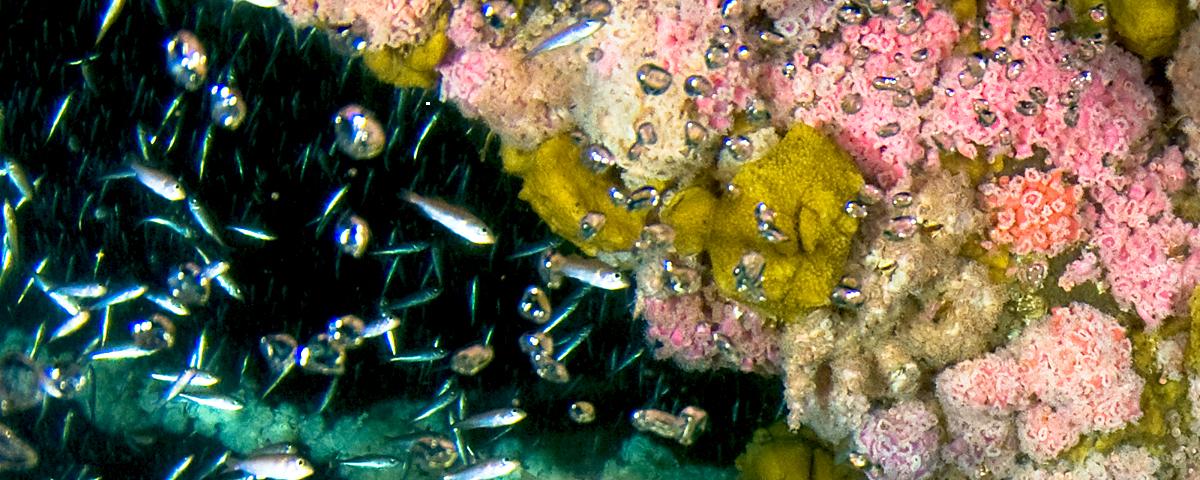Impact of offshore gas platformson the structural and functional biodiversity of nematodes
Abstract
The Mediterranean Sea hosts hundreds of offshore gas platforms, whose activity represents a potential
threat to marine ecosystems. Evidence from several studies indicates that nematodes can be highly
sensitive to changes in the environmental quality. Here, we investigated the response of nematode assemblages
to the presence of offshore gas platforms (located in the central Mediterranean Sea) in terms
of spatial heterogeneity, structural and functional diversity. Since the effect of the investigated offshore
platforms on macrofaunal assemblages were previously assessed by Terlizzi et al. (2008), the study
provided also the opportunity to compare the response of different benthic compartments to the same
impact related to fossil fuel extraction on marine environments. The platforms had a significant impact
on nematode assemblages up to 1000 m distance from the structure. The effects were evident in term of:
a) more homogeneous spatial distribution of nematode assemblages, b) increased trophic diversity of
deposit feeders and c) changes in life strategies with an increase of opportunistic species in sediments
closer to the platforms. Such effects seemed to be related to the dimension of the platform structures,
rather than to chemical pollution or changes in food availability. These findings suggest that the platforms
exert a physical alteration of the surrounding environment that is reflected by altered structural
and functional traits of nematode biodiversity. The use of nematodes for monitoring the effects of the
platforms only partially matched with the results obtained using macrofauna, providing further insights
on potential outcomes on the functional response of marine assemblages to fossil fuel extraction.

